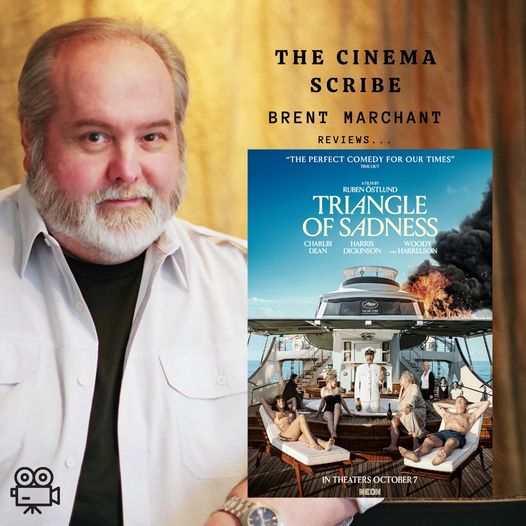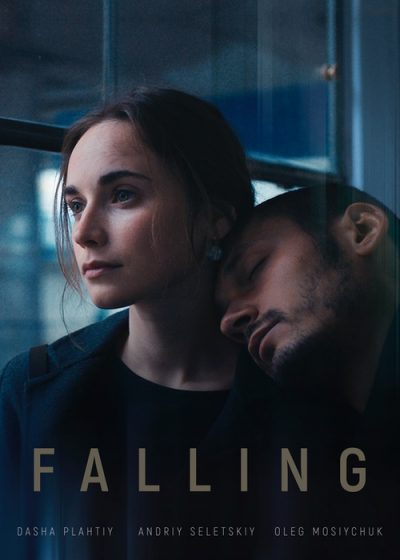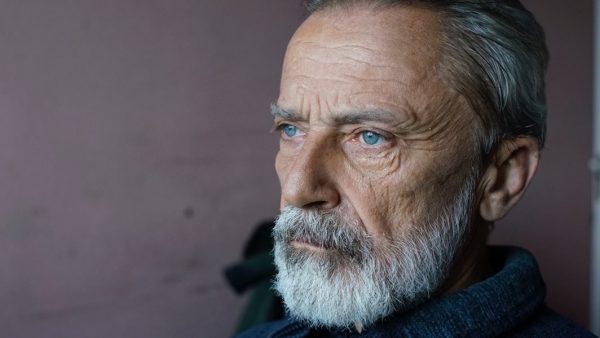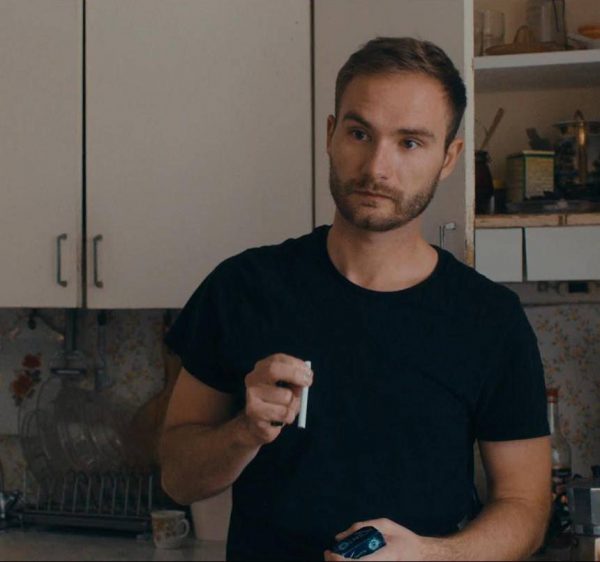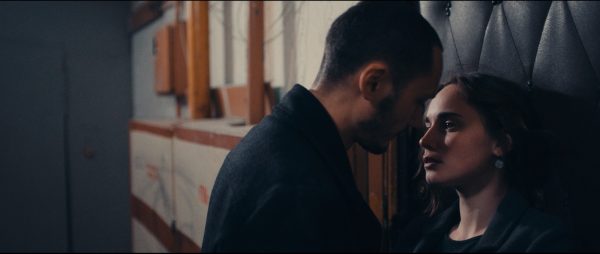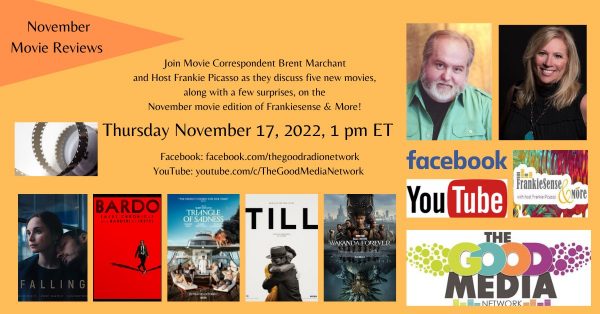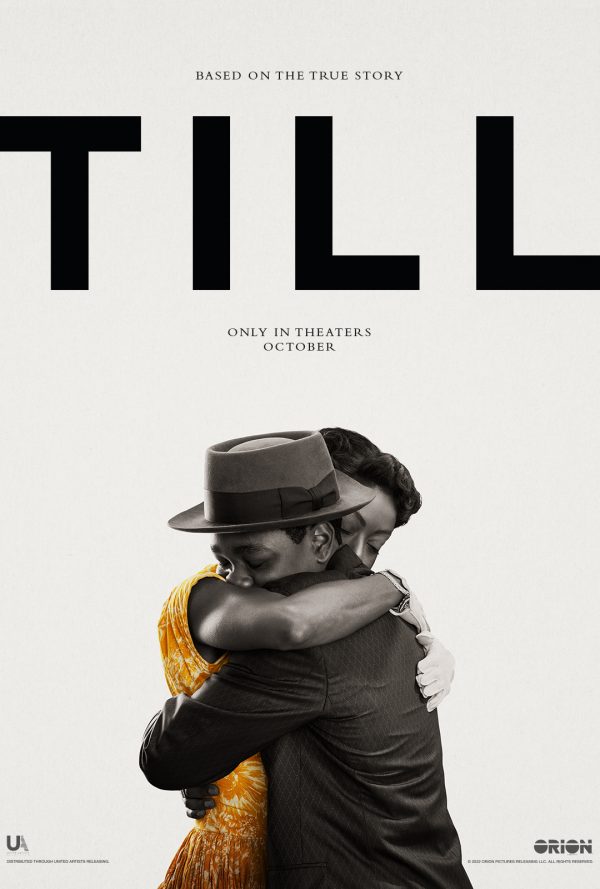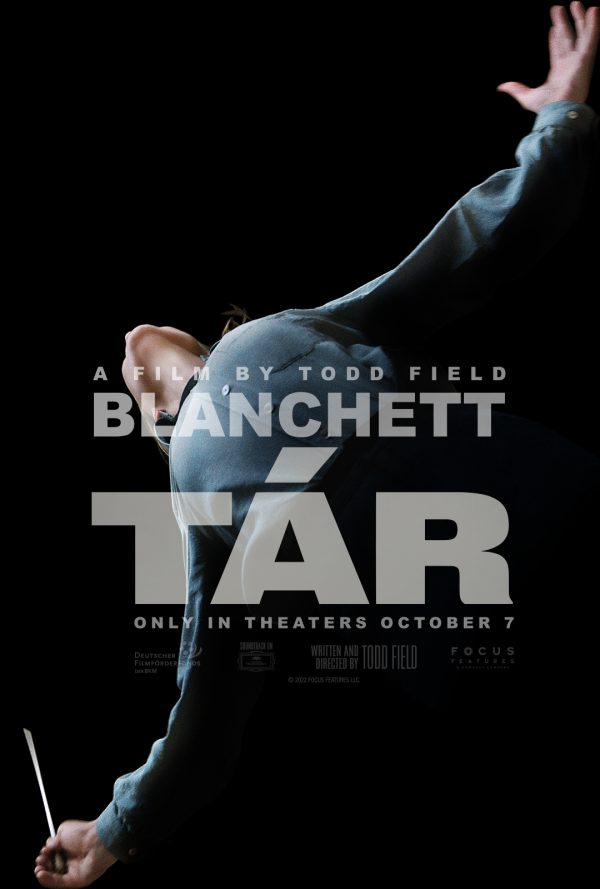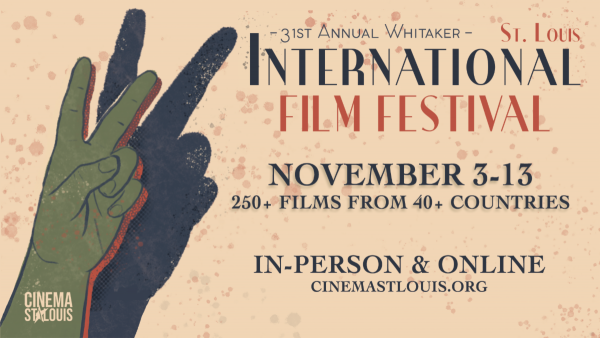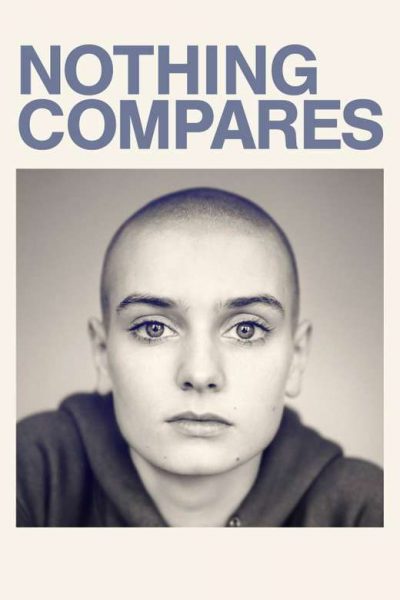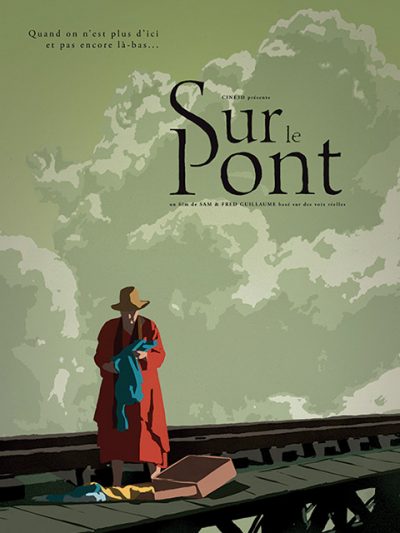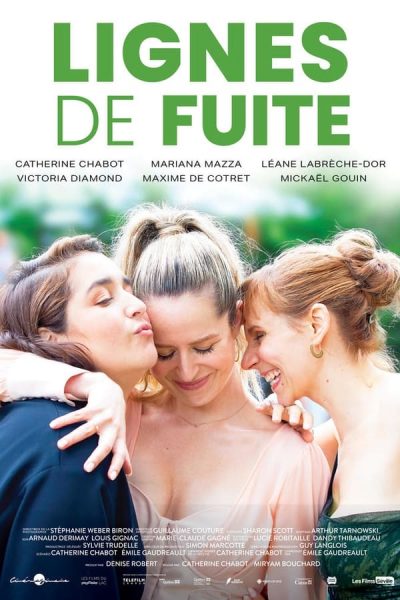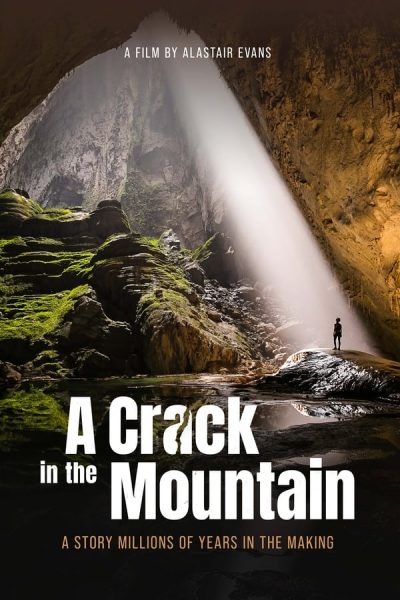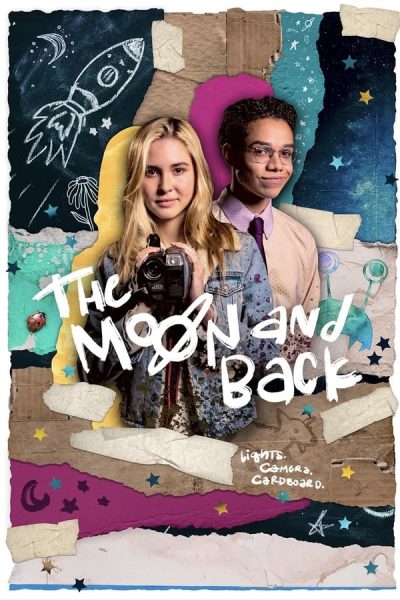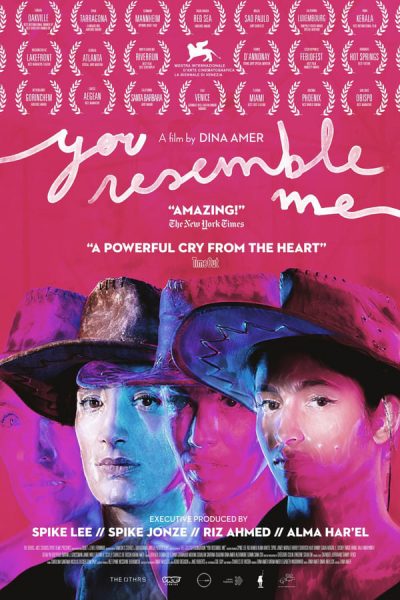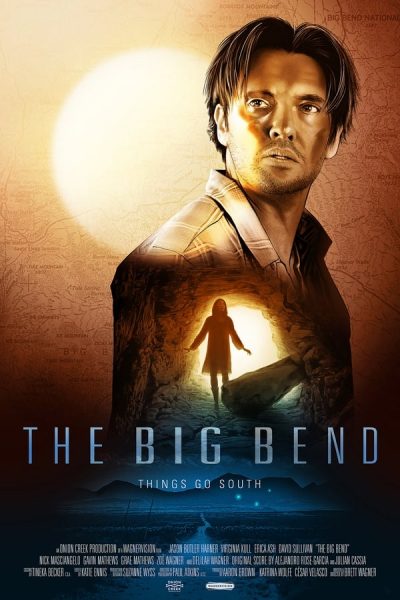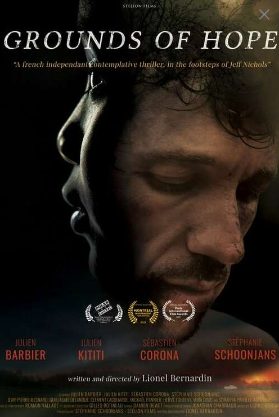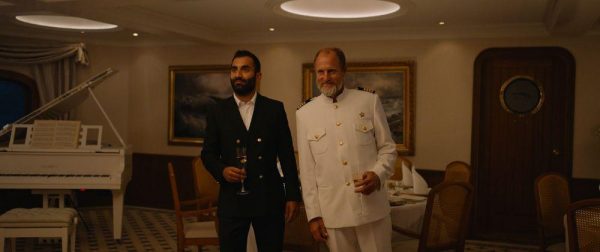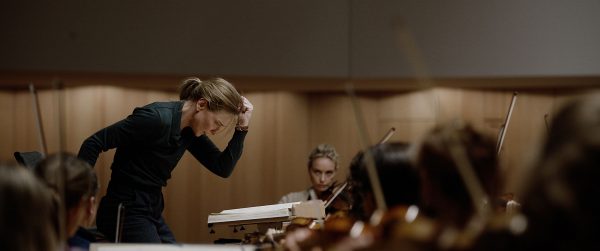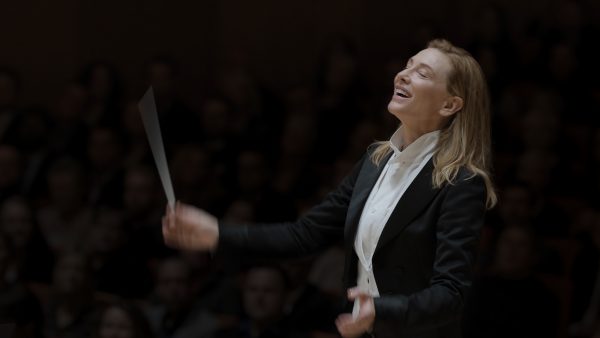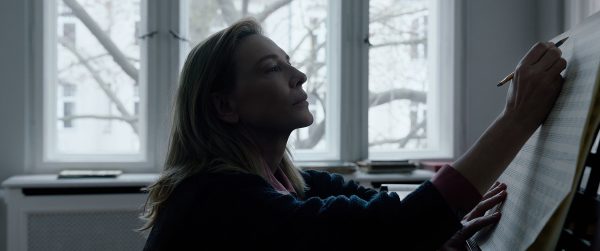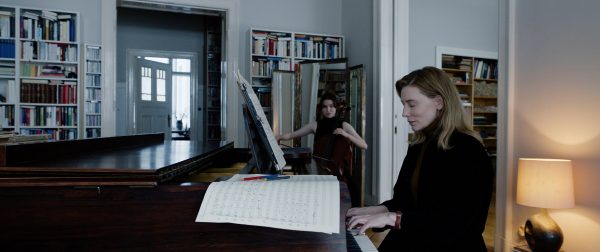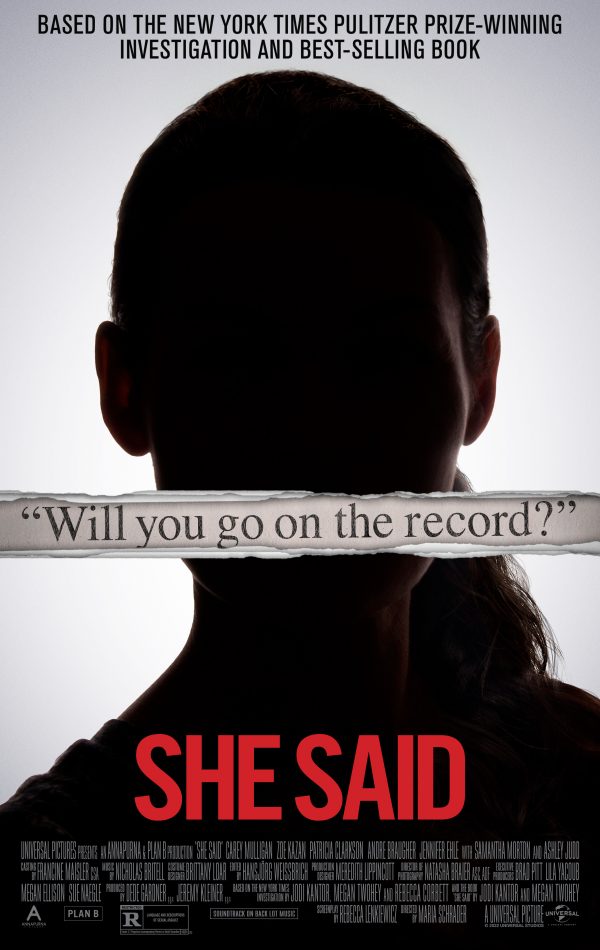
“She Said” (2022). Cast: Carey Mulligan, Zoe Kazan, Patricia Clarkson, Andre Braugher, Jennifer Ehle, Samantha Morton, Ashley Judd, Gwyneth Paltrow (voice), Angela Yeoh, Zach Grenier, Sean Cullen, Mike Houston, Keilly McQuail (voice), Anastasia Barzee, Adam Shapiro, Tom Pelphrey, Jason Babinsky, James Austin Johnson (voice), Peter Friedman, Lola Petticrew, Ashley Chiu, Molly Windsor, Bill O’Reilly (archive footage). Director: Maria Schrader. Screenplay: Rebecca Lenkiewicz. Story Source Material: Jodi Kantor, Megan Twohey and Rebecca Corbett, New York Times investigation and reporting (2017); Jodi Kantor and Megan Twohey, book, She Said: Breaking the Sexual Harassment Story That Helped Ignite a Movement (2019). Web site. Trailer.
Such sleazy practices went on virtually unchecked for ages. Powerful men in Hollywood and the broadcast industry got away with these disgraceful forms of bullying and humiliation without notice, despite this being a widely known open secret in the industry. It enabled the perpetrators to have their way without ramifications while leaving their victims terrorized and abused, fearful of speaking out for what it might mean for their future in show business. But, as the number of women who suffered under these conditions swelled over the years, a tipping point was coming. And, thanks to a pair of intrepid New York Times journalists and their courageous, determined editors, the scales finally tipped in the victims’ direction.

In 2016-17, with the revelation of sexual misconduct claims leveled against TV journalist Bill O’Reilly and Republican presidential candidate Donald Trump (voiced by James Austin Johnson), the Times staff began pursuing such stories in earnest. Reporters Megan Twohey (Carey Mulligan) and Jodi Kantor (Zoe Kazan) began looking into the issue after reports started emerging about similar alleged incidents tying Hollywood notables like Gwyneth Paltrow (voiced by herself), Ashley Judd (portrayed by herself) and Rose McGowan (voiced by Keilly McQuail) to producer Harvey Weinstein (Mike Houston), one of the most powerful and influential men in the movie business. The charges dated back to the 1990s, when Weinstein headed the film distribution company Miramax before later moving on to The Weinstein Co. in 2005. Most of the allegations managed to stay out of the public eye, largely due to the negotiation of a number of undisclosed settlement agreements to keep the incidents quiet.
When Twohey and Kantor began hearing about such rumors, they wanted to look into them further with the support of Times Investigations Department Editor Rebecca Corbett (Patricia Clarkson) and Times Executive Editor Dean Baquet (Andre Braugher). In addition to allegations involving the aforementioned actresses, many reports also surfaced involving Miramax staff members, such as Laura Madden (Jennifer Ehle), Zelda Perkins (Samantha Morton) and Rowena Chiu (Angela Yeoh). The investigation team believed that, if they could convince multiple victims to step forward, the flood gates would open; they assumed that the “safety in numbers” principle would take hold, helping the affected women overcome their fears of speaking out on the record, despite their nondisclosure agreements.
However, since nearly all of these prospective sources had signed NDAs, they were prevented from speaking out publicly, leaving the journalists with no reportable evidence to substantiate the claims. And Madden, the only one not to have signed such an agreement, was suffering from a recently diagnosed case of breast cancer at the time, leaving her physically and emotionally depleted and unwilling to put herself through another trying ordeal.
To complicate matters, Twohey and Kantor were further stonewalled when they sought to pursue matters through official channels, such as the New York Police Department and the Equal Employment Opportunity Commission, to see if they could gather evidence about claims leveled against Weinstein. They were told that such information didn’t exist or couldn’t be released or that there was essentially nothing to the charges – accusations made by ambitious opportunists seeking to advance their careers through the “casting couch” system.

Because of these roadblocks, Twohey and Kantor had their work cut out for them. They had to look for back door contacts to find leads that they hoped would provide the necessary background to help steer them in more promising directions. They pursued leads developed through meetings with unlikely sources, such as Weinstein Co. board member Lance Maerov (Sean Cullen) and Weinstein’s accountant, Irwin Reiter (Zach Grenier). This was a tedious process, to be sure, but it was the only way to get the information they needed to keep going.
When word of the Times investigation began circulating (despite nothing having been formally published), Weinstein caught wind of what was happening and began lawyering up. In addition to his regular counsel, he hired high-profile attorney Lisa Bloom (Anastasia Barzee) to offer guidance and to help him run interference. Bloom was an ironic choice given her involvement in representing victims in previous sexual misconduct-related cases, such as those involving notables like O’Reilly and Bill Cosby. Weinstein thus took an aggressive stance in fighting back even before anything surfaced in print, a determined attempt to make everything go away, much like what he was believed to have done in negotiating the aforementioned settlement agreements.
As all of this was unfolding, the reporters faced their share of personal challenges as well. Kantor was a young mother trying to balance career and home life. And Twohey, who had recently given birth, was suffering from a severe case of post-partum depression, one so serious that it made it difficult for her to work (though, ironically, her career proved to be just what she needed). Fortunately, they were married to loving, supportive husbands (Adam Shapiro, Tom Pelphrey) to back them up at a time when they needed it most – and enabled them to keep working.
Over time, fortunes began turning in the reporters’ favor. Damning documents surfaced, and several once-reluctant victims agreed to step forward and go on the record. With the evidence they needed now in hand, Twohey and Kantor, with assistance and guidance from their editors, took up their pens and put them to use. Before long, other victims stepped forward – over 80 in all – leaving Weinstein reeling. For their efforts, the reporting duo won a Pulitzer Prize for this work, while Weinstein found himself in court. What’s more, the investigation by Twohey and Kantor led to the growth of the #MeToo movement, a grass roots coalition of women who mustered the courage to step forward and acknowledge the sexual misconduct to which they had been subjected. It was a culture-changing moment, one that righted a longstanding wrong and has had an impact that has lasted to this day.
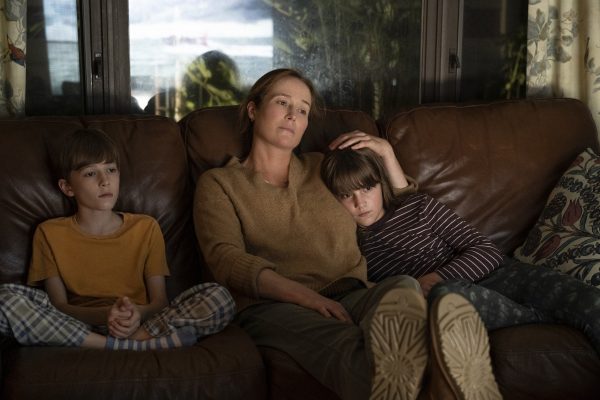
However, given the gravity of this situation, the reporters believed it was imperative to be unearthed. They were convinced they could take meaningful steps to bring the story to light. And those beliefs are what got them through this ordeal, thanks to the conscious creation process, the philosophy that maintains we draw upon the power of these resources in manifesting the reality we experience. Whether Twohey and Kantor had ever heard of this school of thought is open for debate, but their steely determination to see things through reveals a strong conviction for what they were doing, an undertaking for which they had confidence in their abilities and hope that circumstances would eventually break their way.
Of course, making that happen called upon them to tap into the kinds of beliefs that would ultimately enable the realization of their sought-after outcome. For example, when they began to see that gathering hard, publishable evidence was not going to be as easy as they thought it might be (especially given the preponderance of anecdotal material that was coming their way), Twohey, Kantor and their editors knew that they needed to get creative in terms of how they uncovered the truth in a way that could be reported on the record. They had to expand their range of beliefs about how the information could be gathered and have faith that those innovative techniques would work in their favor. And, when they drew upon unlikely sources that allowed them to work their way deeper into the story, doors began to open in significant ways.
Twohey and Kantor also had to galvanize their resolve given what they were up against. Baquet made it clear to them early on that, based on his past dealings with Weinstein, he was a formidable force to reckon with, someone who would do anything to block them at every turn. That meant overcoming any fears they may have had in taking on this subject, an important step considering that fears are themselves a form of belief. Indeed, if their fears had been allowed to get in the way, they could have easily interfered with their work.
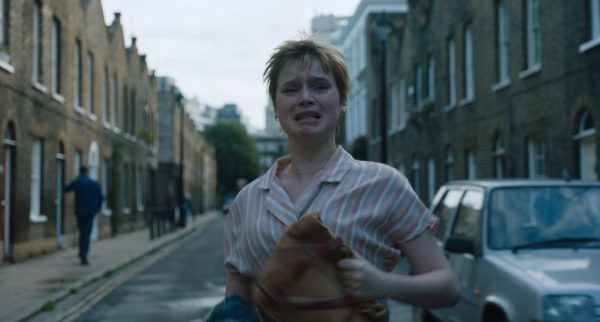
The reporters weren’t the only ones who needed to get past their fears in this scenario; the victims needed to do the same as well. They stood to lose much by speaking up. But they also stood to lose much by staying silent. Consequently, they felt trapped by their circumstances, unable to move forward, all the while mired in a lack of self-respect and consumed by lingering trauma.
The depth of the victims’ fears becomes apparent in the film through a number of flashback sequences. While the picture doesn’t depict the incidents in question, it nevertheless shows the aftermath of what happened, particularly the devastating emotional impact on the victims. This includes what occurred in the wake of the misconduct perpetrated against, first, a young Laura Madden (Lola Petticrew) and, then, a young Rowena Chiu (Ashley Chiu), an episode to which a young Zelda Perkins (Molly Windsor) sought to come to her rescue (and was subsequently muzzled by Weinstein for her “interference”). These events effectively silenced these women – and many others like them – for decades after the fact.
However, as the investigation progressed, the victims became empowered by what was unfolding. As it became more apparent to them that the Times reporters were closing in on Weinstein, this development empowered the women and helped them transform their fears into a newfound sense of courage. They realized that the journalists were working for their benefit and that of many other women yet to step forward. They could now see that they were part of a team working toward a meaningful co-creation, one that could serve a greater purpose than merely helping them get past their own anguish. Madden was a lynchpin in this, given that she was the only principal not bound by the restrictions of an NDA. And then there was Judd, who courageously realized that this situation was too significant to allow herself to be constrained by her nondisclosure agreement, that she had to step forward to help out Twohey and Kantor. Madden and Judd went on the record with their stories, and the rest is history. Justice served.
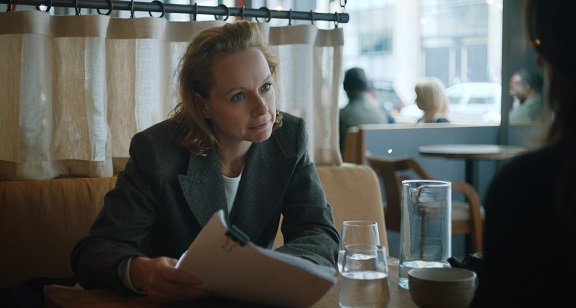
As a onetime-practicing journalist myself, I appreciate the unencumbered approach director Maria Schrader has employed here. While some have called this work “pedestrian” and “plodding,” I respectfully disagree with those characterizations and would readily put it alongside works like “All the President’s Men” (1976) and “Spotlight” (2015), movies that detractors of this picture have contended are far superior when, in fact, they’re all mostly on par. Moreover, just because the film takes a rather direct approach in telling its story, that doesn’t mean it’s without its compelling moments of emotional heft, particularly in the testimony of the victims. The picture may not employ anything overly inventive, and the film is admittedly a tad too long, but it nevertheless chronicles the reporting process clearly, concisely and unburdened by technical jargon or gaps in explaining the legal and journalistic consequences involved. It also features a fine ensemble cast, most notably Mulligan (in one of her best performances) and Jennifer Ehle and Samantha Morton in significant supporting roles.
This offering genuinely deserves a fair shake, something it’s regrettably not getting to the degree it deserves (thanks to its often-unfair torpedoing by cynical critics and misogynist trolls). It brings to life an important story that was long in the offing and that has, thankfully, had a lasting, deep, culture-shifting impact. The film, currently playing theatrically, is on the radar for awards season consideration, though, with what other offerings that have already been released and what is currently pending, “She Said” may have some difficulty breaking through in light of the somewhat tepid response it has received thus far.
For whatever reason, those in positions of power and influence seem to believe that they can get away with whatever they want. It’s a theme, interestingly enough, that appears to be running through a number of this year’s film releases, such as this offering and the dramatic character study, “Tár.” One would think in this day and age that such indulgent, self-serving attitudes should be a thing of the past, but apparently that’s not the case. Because of that, we still need courageous, determined watchdogs to keep us honest, especially those who feel they’re immune from the consequences of their actions. In a world that has grown increasingly intolerant of such uncalled-for transgressions, we should be grateful for those who are looking after our interests – and who are unafraid of speaking their minds and hearts when circumstances warrant doing so.
Copyright © 2022, by Brent Marchant. All rights reserved.

